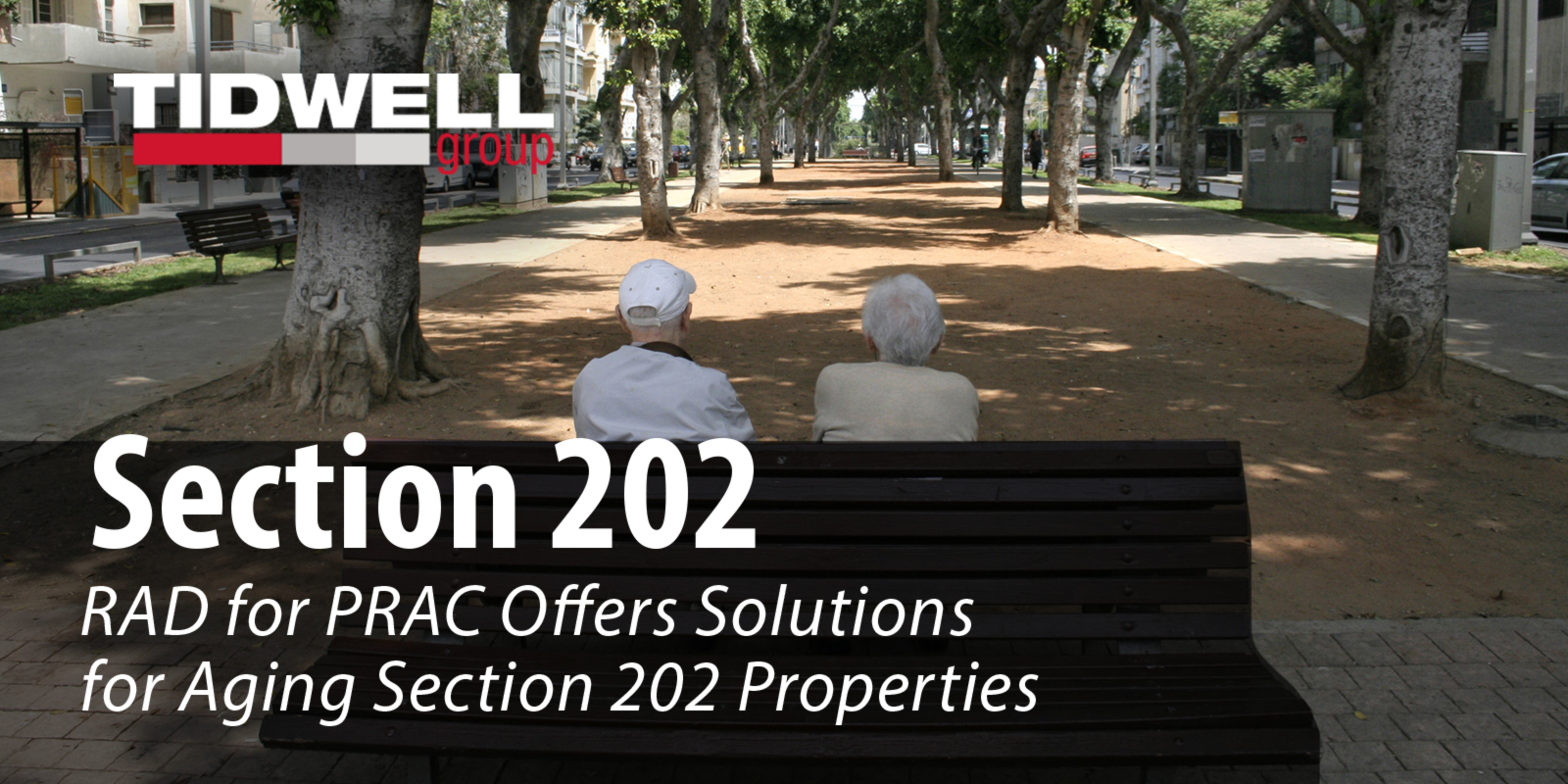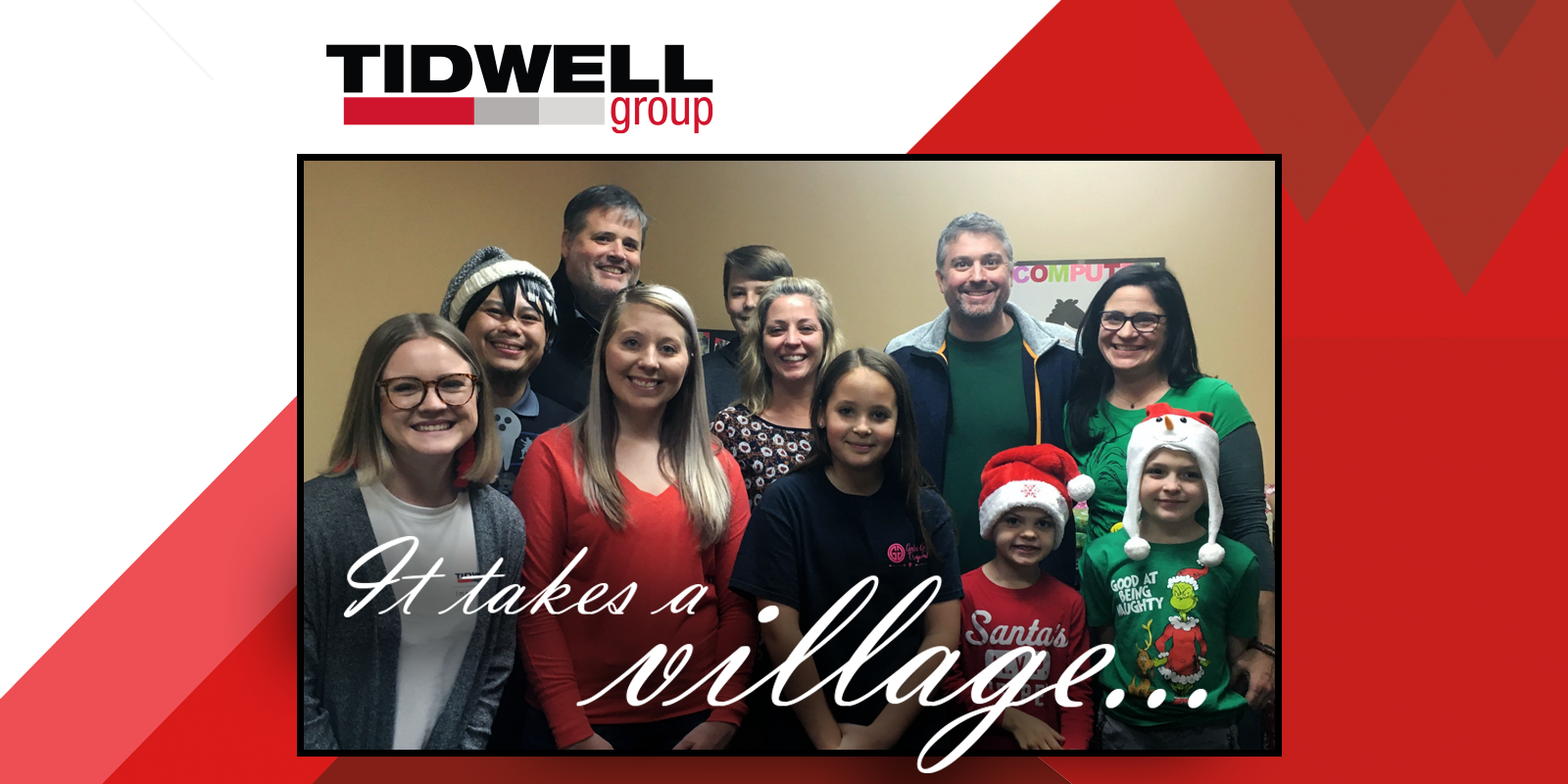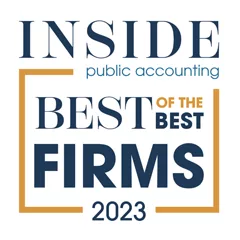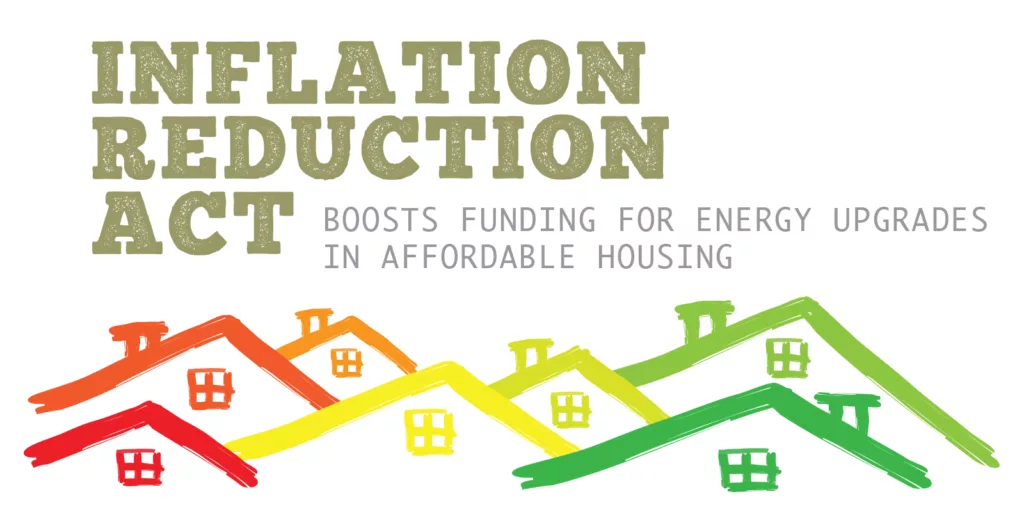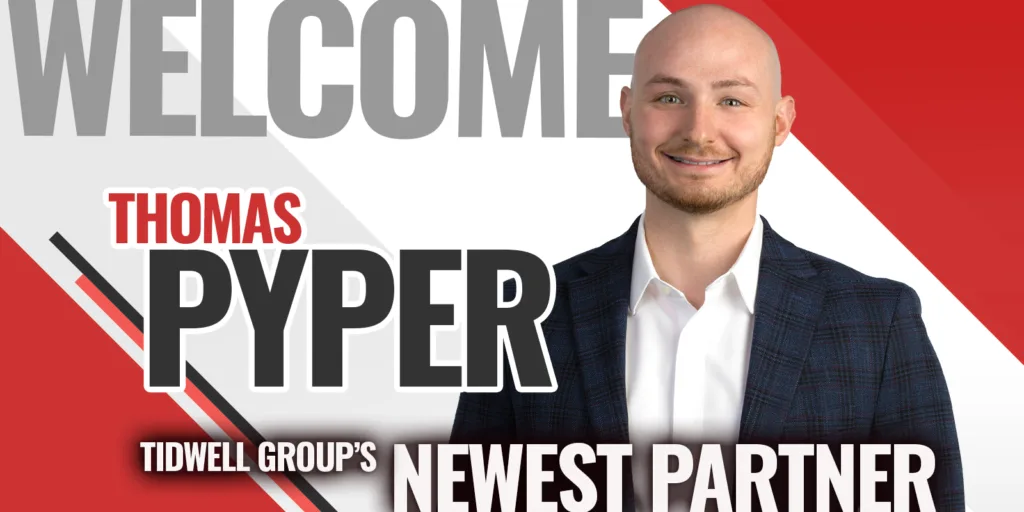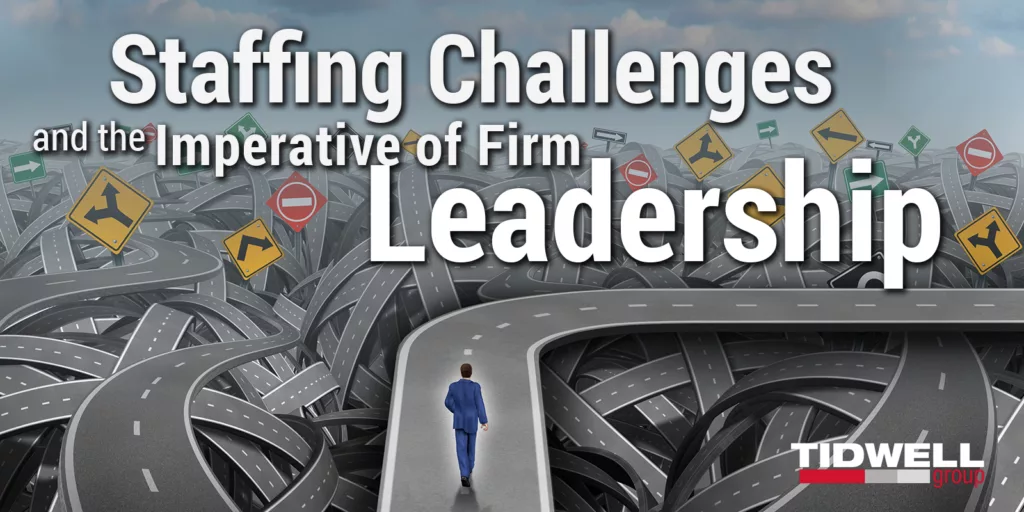By: Eric Beining and CaLandra James
The Tax Cuts and Jobs Act (TCJA) was a significant revision to the tax code. One of the small changes that made a substantial impact in the nonprofit world was Section 13304 of the TJCA (Sec. 13304), “Limitation on Deduction By Employers of Expenses for Fringe Benefits.” This section soon became known by many in the nonprofit world as the “Parking Lot Tax.” The effective date of this section was for amounts incurred or paid after December 31, 2017.
The result of Sec. 13304 quickly led to confusion among many nonprofit organizations. Many of the nonprofit organizations had filed IRS Form 990 since their inception but had never filed a Form 990-T. CPA’s soon found their inbox filling up with inquisitive emails asking questions such as, “How can this be…”, “Do we really have to pay tax on expenses…” and even, “This can’t be right…”.
This confusion led many CPA firms to study Sec. 13304 to try and answer all these new questions from their clients. In summary, the new section required organizations that had been recognized by the IRS as being exempt under Internal Revenue Code Section 501(c) to report certain qualified transportation fringe benefits as unrelated business income. In essence, the “disallowed expenses/deductions” were being taxed.
Fast-forward and the IRS released guidance in the form of IRS Notices 2018-99 and 2018-100 as a way to help clarify Sec. 13304. The notices detailed the IRS interpretation of the new law and provided guidance on how to calculate the impact of the tax law changes on nonprofit organizations. In addition, IRS Notice 2018-99 even presented a detailed, safe harbor calculation that could be utilized by nonprofits to determine the respective tax impact on their organization. IRS Notice 2018-100 provided relief for these nonprofit organizations in the form of a waiver of any additional tax assessed as a penalty under IRC Section 6655 for underpayment of their estimated taxes associated with the new rules.
Once the IRS released IRS Notices 2018-99 and 2018-100, the long tedious process of helping these nonprofit organizations determine their potential tax liability started. In some instances, because of their particular fact pattern, some organizations did not have a filing requirement. In other cases, we saw organizations required to file Form 990-T for the first time and pay thousands of dollars in tax.
As you can imagine, the new requirements were of great concern for the nonprofit world, and the process of lobbying for an appeal quickly gained traction. The process eventually led to a bipartisan tax bill that was agreed to by both the House and the Senate that would rescind the requirement for nonprofits to pay tax on certain qualified transportation fringes. On December 20, 2019, President Trump signed into law two spending packages that Congress had approved and officially retroactively repealed the so-called “Parking Lot Tax”.
Nonprofits are eligible to receive a refund for any tax that was paid as a result of the “Parking Lot Tax”. It is expected that the IRS will issue guidance in the near future on how the refund should be pursued, either through filing an amended 2018 Form 990-T or potentially some other method. In addition, those nonprofits who did not pay tax through the utilization of an existing Net Operating Loss (NOL), (arising in tax years before 2018) may want to consider amending their 990-T to restore the NOL.
If you have questions regarding the repeal, restoring an NOL, or how to proceed with claiming a refund, please don’t hesitate to contact Eric Beining or CaLandra James at 614-528-1440.


About Tidwell Group LLC
 Tidwell Group is a full-service accounting and consulting firm that specializes in the real estate and construction industries and is a Best of the Best Firm according to the 2019 INSIDE Public Accounting National Benchmarking Report. Their experienced professionals serve all asset classes within the affordable housing, conventional real estate, and not-for-profit industries. Within the affordable housing industry, Tidwell Group’s expertise ranges from low-income housing tax credits, bond and conventional financing, HUD compliance and reporting and USDA-Rural Development compliance and reporting. Their focus is on developing long term client relationships through value-driven results. For more information on Tidwell Group, contact their firm on their website at www.TidwellGroup.com, on Twitter @TidwellGroupLLC, or by telephone at (866) 442-7090.
Tidwell Group is a full-service accounting and consulting firm that specializes in the real estate and construction industries and is a Best of the Best Firm according to the 2019 INSIDE Public Accounting National Benchmarking Report. Their experienced professionals serve all asset classes within the affordable housing, conventional real estate, and not-for-profit industries. Within the affordable housing industry, Tidwell Group’s expertise ranges from low-income housing tax credits, bond and conventional financing, HUD compliance and reporting and USDA-Rural Development compliance and reporting. Their focus is on developing long term client relationships through value-driven results. For more information on Tidwell Group, contact their firm on their website at www.TidwellGroup.com, on Twitter @TidwellGroupLLC, or by telephone at (866) 442-7090.


